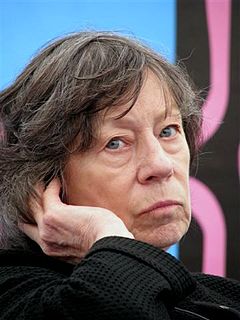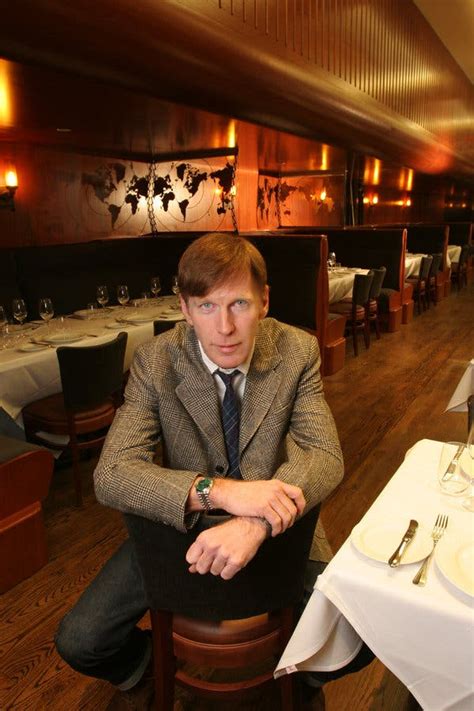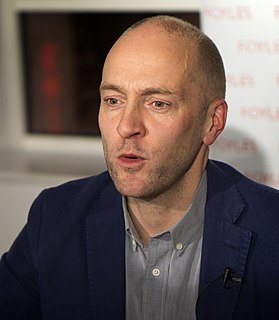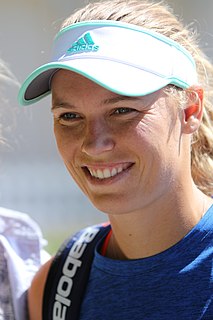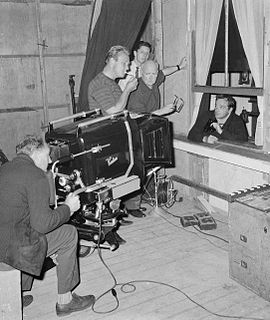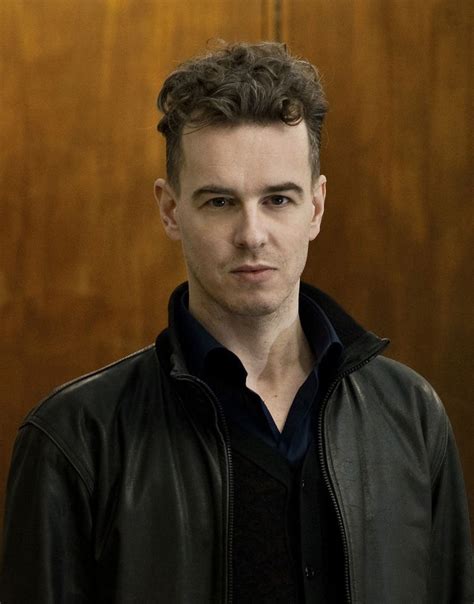A Quote by Sarah Gadon
I look at scripts, and sometimes I apply theory to them. For 'Antiviral,' for example, I was reading Laura Mulvey's 'Visual Pleasure and Narrative Cinema,' and it was all about the psychological process by which we fetishize the female image. It's all about scopophilia.
Related Quotes
One absolutely crucial change is that feminist film theory is today an academic subject to be studied and taught. "Visual Pleasure and Narrative Cinema" was a political intervention, primarily influenced by the Women's Liberation Movement and, in my specific case, a Women's Liberation study group, in which we read Freud and realised the usefulness of psychoanalytic theory for a feminist project.
In narrative cinema, a certain terminology has already been established: 'film noir,' 'Western,' even 'Spaghetti Western.' When we say 'film noir' we know what we are talking about. But in non-narrative cinema, we are a little bit lost. So sometimes, the only way to make us understand what we are talking about is to use the term 'avant-garde.'
There's a generation of people that do fetishize books and do fetishize catalogues and do look at them as something important. The same thing with magazine culture: because magazines don't make the amount of money that they used to, it's become important again to another generation of people to actually read them. And it's very, very pinpointed to the select people that actually fetishize and go in and look at them.
A film in which the speech and sound effects are perfectly synchronized and coincide with their visual image on the screen is absolutely contrary to the aims of cinema. It is a degenerate and misguided attempt to destroy the real use of the film and cannot be accepted as coming within the true boundaries of the cinema.
I think that's true of all cinema, that's why cinema is the great humanistic art form. Whatever the film is, it doesn't matter what the film is about, or even whether it's a narrative or figurative film at all, it's an invitation to step into somebody else's shoes. Even if it's the filmmaker's shoes filming a landscape, you go into somebody else's shoes and you look out of their lens, you look out of their eyes and their imagination. That's what going to the pictures is all about.
David Fincher is probably the best comprehensive director in terms of being a manger of a process that must drive forward. He has such confident command of cinema language and visual language and script and performance. He knows more about f-stops than any cameraman, he knows more about lighting than any gaffer, he is a wonderful writer, and he can give you a good line reading. Under pressure, he is the kind of guy who you will just dive in with and trust and follow because his vision is so intense.

